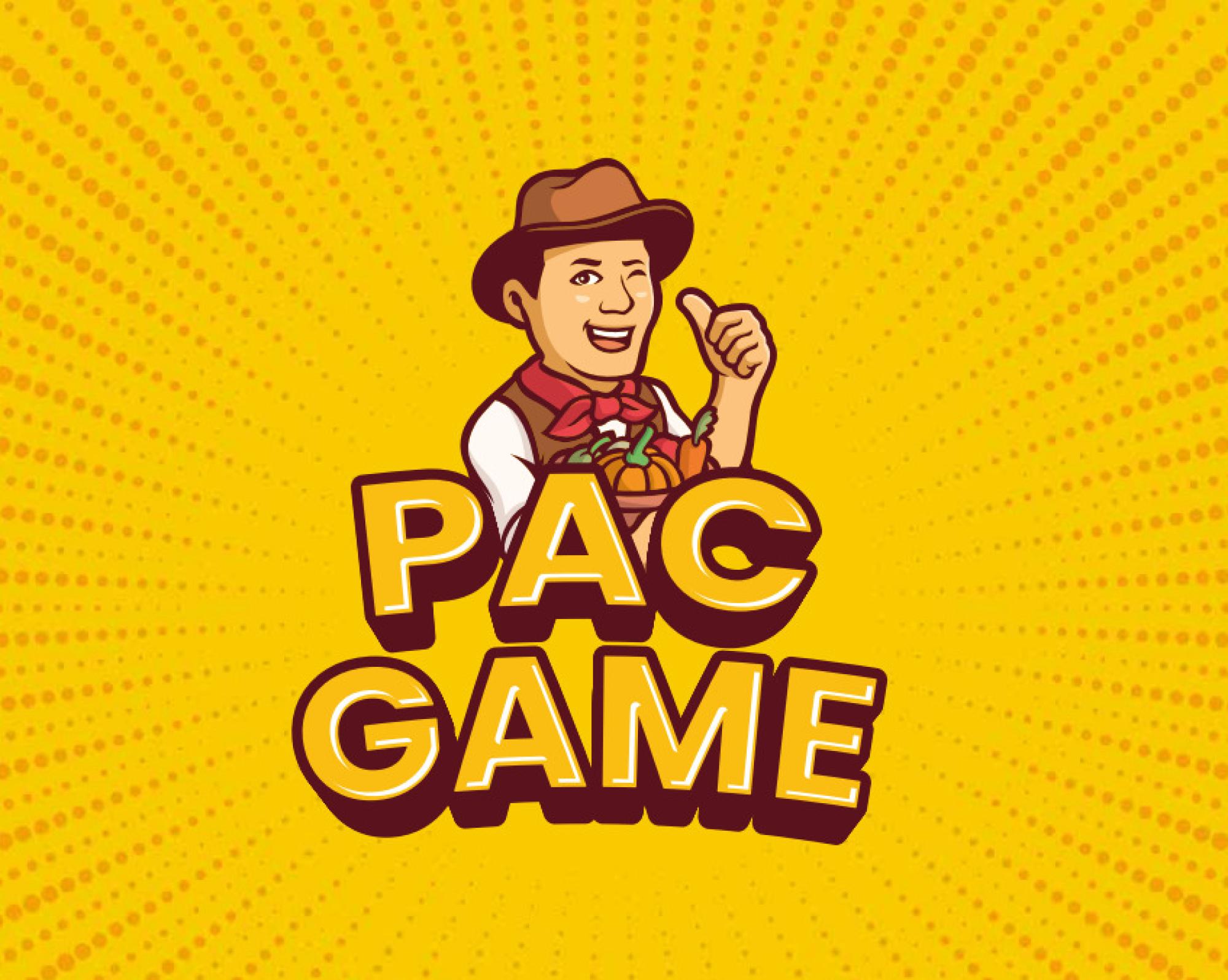Game on! How smart Science Communication can make agricultural policy engaging
Adalgisa Martinelli discusses how science communication canturn the CAP into a board game

When it comes to science communication, there’s a key principle that often gets overlooked: it’s not about what you’re saying—it’s about how you’re saying it and who you’re saying it to. This becomes particularly true when talking about something as complex as the Common Agricultural Policy (CAP).
Let’s face it: the CAP isn't the kind of topic most people think of as an easy topic to discuss at dinner!
For researchers, farmers, and even policymakers, it can seem like a mess of acronyms, subsidies, and bureaucratic jargon. But here's where the team at CREA (Council for Agricultural Research and Economics) comes in with a game-changing solution:PAC_GAME[1]. By turning this massive framework into a game, it brings agricultural policy to life. At the heart of PAC_GAME is a simple yet powerful idea: the way you communicate scientific knowledge matters. Whether you’re teaching students, engaging farmers, or explaining policy to the general public, adapting the message to fit your audience is crucial. PAC_GAME takes one of the most complicated European policies—the CAP—and breaks it down into a format that anyone can understand: a board game.
Instead of reading through pages of policy documents, players take control of a 'virtual' farm, where they face real-world challenges like climate change, market shifts, and the complexities of CAP subsidies. In this way, CAP’s technical details are translated into actions and decisions that players make in the game—an example of science communication done right. They’ve tailored science communication to different audiences, proving that agricultural policy can be engaging and accessible to everyone.
Why is this approach effective? Because PAC_GAME understands that one size doesn’t fit all when it comes to communicating science. Explaining CAP to a group of high school students requires a different approach than engaging with professionals. In the report attached, PAC_GAME provides a guide to tailor its message to diverse audiences (https://www.crea.gov.it/web/politiche-e-bioeconomia/-/innovazione-didattica-e-sostenibilit%C3%A0-insegnare-la-pac-con-il-pac-game)
In doing so, the game aligns with the broader trend of science communication moving away from traditional, one-way dissemination of information toward more interactive and inclusive methods. It reflects the growing recognition that effective communication isn’t only about simplifying complex ideas—it’s about making them relatable and engaging. This is what game-based learning like PAC_GAME tries to do: it takes CAP’s complex web of policies and transforms it into a practical activity. PAC_GAME isn’t just a fun tool—it’s a model for how science communication can and should evolve. In an age where misinformation can spread rapidly and public engagement with scientific topics is more important than ever, finding new ways to connect with different audiences is crucial. This shift is especially important in areas like agriculture, where the policies being discussed—such as those in CAP—directly impact people’s livelihoods. Europeans need to feel that these policies are understandable to make them interesting and enage with public discussions!
Science communication is about more than just passing on information. Indeed, it’s about creating connections, fostering understanding, and making complex ideas accessible to everyone. PAC_GAME is an illustrative example of how this can be done since it breaks down the barriers between academia, policy, and the public, showing that everyone—from high school students —can engage with, learn from, and shape the future of European agriculture.
So, the next time someone brings up the Common Agricultural Policy, don’t just think of it as a dry topic for policymakers. Thanks to PAC_GAME, you have a fun, interactive way to learn about Europe’s agricultural future—and a reminder that science communication is most powerful when it adapts to its audience.
Whether you’re a student, policy enthusiast, etc., PAC_GAME is proof that engaging with science doesn’t have to be hard—it just has to be tailored to you!
[1] PAC is the Italian acronym for the Common Agricultural Policy (CAP)
Picture credits to CREA report
